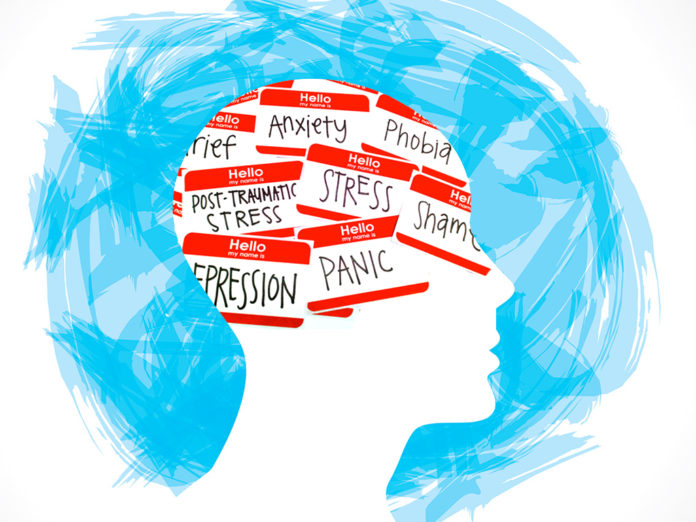Living through a pandemic, surrounded by death and illness and growing inequality, is a difficult thing. But when adding to all that feelings of guilt around still being alive and even well, it just compounds the psychological effects of the pandemic.
We all know the coronavirus pandemic has had and continues to affect many people in ways that are unseen. While millions of people are falling ill and passing away from the virus, there are millions of others who are living with the psychological effects. These are often not visible in any way.
What is survivors’ guilt?
One of the emerging experiences of the pandemic is the feeling of guilt, more specifically survivors’ guilt. Survivors’ guilt takes place when an individual experiences and survives a traumatic experience but they find themselves feeling like they are undeserving of survival or that someone else would have been more deserving. It is a form of post-traumatic stress disorder (PTSD).
Survivors’ guilt as a psychological condition emerged after the Holocaust. It has also been documented among active-duty combat veterans; survivors of events like the 9/11 attacks, mass shootings, or serious illness.
Experts have now said that this is becoming more and more common as the pandemic continues. Akua K. Boateng, PhD, LPC, a licensed psychotherapist, told Healthline that “it can be really challenging to have a positive or better outcome post-trauma when you know that others have not been afforded a similar opportunity”.
This type of guilt affects everyone and no one is immune because we are all experiencing collective trauma. However, it is likely to be more common in people who have been infected by the virus and recovered. Those who are dealing with long Covid could get reminders of guilt everyday. People who might have spread the virus without knowing can also experience it. The pandemic has presented many ethically difficult scenarios. This includes not being able to comfort an ill family member in person, surviving when others are dying, and being unable to provide for one’s family because of loss of employment. These can all cause guilt.
The psychological effects of the pandemic
Prof. Puleng Segalo, professor of psychology at the University of South Africa, told The Daily Vox that some of the psychological effects of the pandemic have been loneliness, a sense of helplessness, anxiety and depression. Segalo said because the pandemic has affected people differently, there might be those who feel guilty that people around them are experiencing loss and they are not.
“Things might be going well for them at work and interpersonal relationships are intact, while others are losing their jobs as a result of the economic impact of COVID-19. There are things that are often out of an individual’s control but they may feel somehow responsible and this may lead to them feeling guilty,” said Segalo.
All of this can be seen as survivors’ guilt. People can become consumed by reports of the pandemic and wonder why they have been spared. Segalo said it can manifest in a huge emotional load that may affect sleeping patterns, cause stress and some physical symptoms of being unwell (e.g. headaches).
Dealing with the guilt
In a piece on The Conversation, David Chesire and Mark S. McIntosh from the University of Florida wrote that managing survivor’s guilt is an individual process, and what works for one may not work for another. There is a recognition that even as people go through individual grieving processes, healing comes from realising how connected we all are.
Segalo said that it is important for people to know and realise that this feeling of guilt is normal and it shows that “you can feel for others”. “Most of all, acknowledging that you do not have to go through dealing with trauma alone but collectively is important,” said Segalo.
Some tips that Prof Segalo gave for dealing with survivors’ guilt:
- Shifting from internalising and instead finding people/safe avenues to express how you are feeling can assist with lifting the load you are carrying.
- Exercise some self-care, write about your feelings, meditate and consider being involved in charitable organisations either monetarily or assisting in other ways necessary.
- Leaning on your friends and family members for emotional support. Having trusted people in your life on whose shoulders you can cry is critical.
- You may also consider going for professional psychological counselling or joining a support group.
- For religious people, turning towards their spirituality can be helpful.
Read more: #COVID-19: 5 Ways To Protect Your Mental Health









